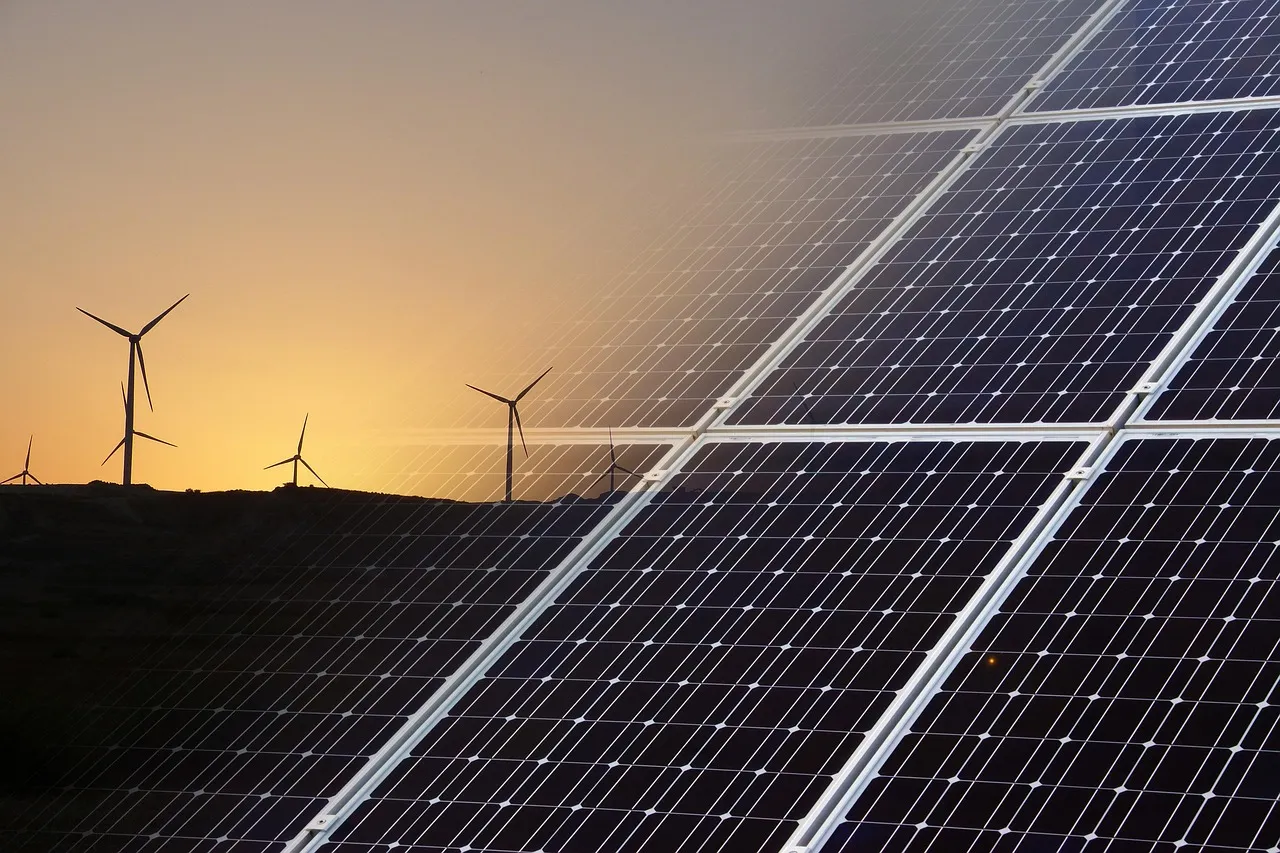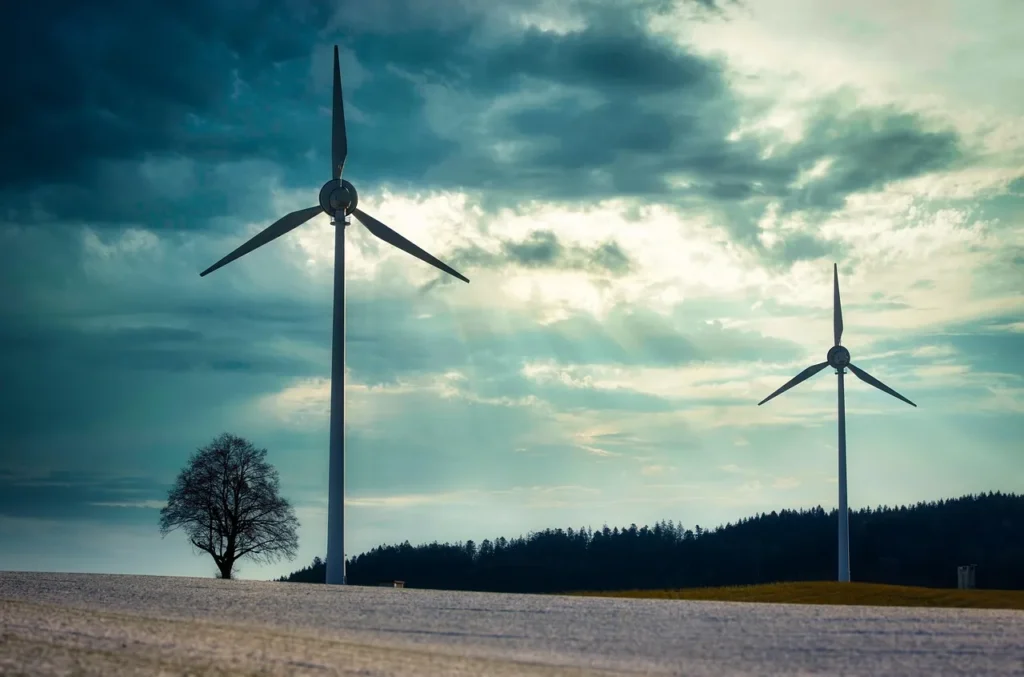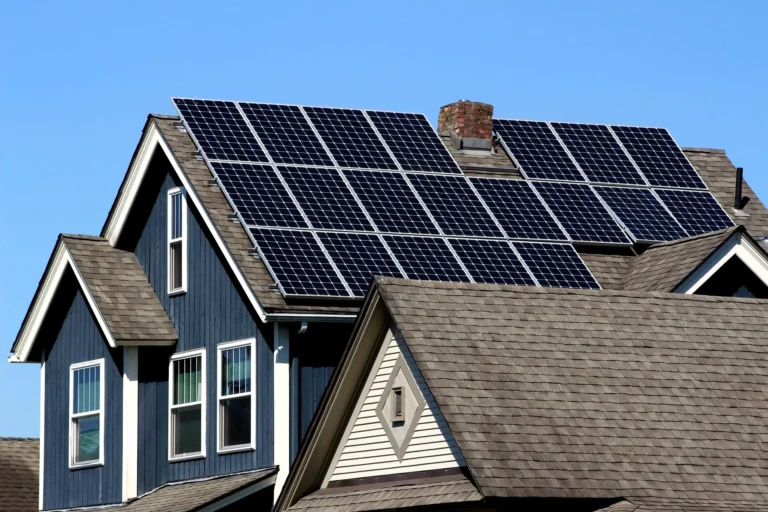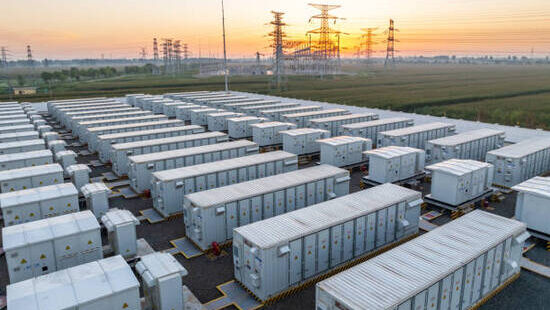
French Support for Renewable Energy Is Strong—But Conditional on Trust, Tangible Results, and Transparency
The French public’s commitment to renewable energy is clear, but it comes with thoughtful and measured expectations. Recent findings from a major Ifop survey, commissioned by ENGIE, underline a growing maturity in how the population perceives the energy transition. Rather than blind enthusiasm or superficial optimism, the survey reveals a nuanced and deliberate stance: the French want renewable energy, but they want it to work—and to work for them.
“The French overwhelmingly favour renewable energy. Their support, however, is not unconditional; it is contingent on tangible results, clear advantages and a balanced energy mix. What we’re seeing is far from simple optimism. It is a thoughtful and mature demand for an energy transition that is believable and effective,” explains Jérôme Fourquet, Director of the Opinion Department at Ifop.
Catherine MacGregor, CEO of ENGIE, echoed this insight, noting that ENGIE—France’s top producer of solar and wind power—has a responsibility to ensure that this support translates into visible benefits:
“French people have a highly favourable opinion of renewable energy, a finding that challenges the widely held assumption that people are generally opposed to it. As the leading wind and solar energy company in France, ENGIE is fully committed to meeting public expectations by delivering tangible benefits from the energy transition in people’s everyday lives.”
Energy: A Rising Priority for French Citizens
One of the survey’s most striking takeaways is the growing importance of energy in the national consciousness. According to Ifop, nearly half of the French population (48%) now identify energy as a top personal and political priority. This ranking places energy alongside some of the country’s most pressing concerns—purchasing power, national security, international geopolitical tensions, and the climate crisis.
Moreover, energy sovereignty, or the ability of a country to secure and control its own energy supply, is becoming a central issue. Nearly 70% of respondents ranked it as “very important,” suggesting a deepening awareness of how closely energy independence is tied to national resilience. This sentiment has likely been reinforced by recent global energy price shocks and geopolitical instability, especially the war in Ukraine and its effects on gas markets.
Broad Support for Renewables—But Informed by Experience

Support for renewable energy among the French is remarkably high. According to the survey, 84% of the general population holds a favourable view of renewable energy. This figure climbs even higher among people who live near renewable installations. An impressive 94% of these residents expressed a positive opinion of renewables, and when these locals had been actively involved in the decision-making process to set up the facility, support increased slightly to 95%.
This finding debunks a common myth: that communities inherently resist local renewable energy projects. Instead, the data show that proximity to renewable facilities can lead to more informed, realistic, and ultimately supportive attitudes—especially when residents are engaged early and transparently in the process.
What Drives Public Support?
The French public’s support is anchored in the practical and strategic benefits associated with renewable energy. Survey respondents cited climate action (79%), energy independence (78%), and job creation (77%) as their top reasons for backing renewables. These are not abstract ideals but pressing issues that intersect with daily life, economics, and geopolitics.
However, there is one area where the public remains skeptical: the effect of renewable energy on household energy bills. Just 62% of respondents believe renewables will help reduce costs. This skepticism signals an area of vulnerability for the renewable sector—unless companies and policymakers can demonstrate cost savings or stable pricing over time, public trust may be at risk.
French people also feel that the development of renewable energy is moving too slowly. Sixty-two percent believe the rollout has been insufficient to date, and 68% want to see renewable energy accelerate significantly in the next five years. However, most of the population does not support a complete break with other energy sources. A majority (56%) favours a balanced energy mix, combining renewables with nuclear energy—a long-standing part of France’s electricity supply. Only 12% support relying exclusively on nuclear power.
This demand for balance further illustrates the public’s pragmatic approach. Rather than ideological commitment to any one energy source, people are advocating for a resilient and diversified system that can handle uncertainties.
Call for Transparency and Tangible Evidence
Despite their support, French citizens are not naïve or uncritical. They want clear and reliable information about the real-world performance of renewable energy—its output, reliability, land use, and ecological impacts. Their support is conditional on transparency throughout the value chain, including concerns such as raw material sourcing, dependence on foreign imports, recyclability, and lifecycle emissions.
One of the more hopeful signs in the survey is the relatively high level of trust French people place in companies when it comes to energy information. Sixty-seven percent of respondents view energy companies as reliable sources of information—significantly higher than their trust in the media, artificial intelligence, or politicians. Among local residents near renewable installations, this trust level rises to 76%.
This credibility gives companies like ENGIE an important opportunity—and responsibility—to bridge the gap between policy and public perception. Communicating facts, addressing concerns transparently, and proving real-world impact will be essential for maintaining and expanding support for renewables.
The Impact of Living Near Renewable Facilities
To better understand the link between perception and experience, Ifop’s study focused on a subset of more than 2,500 individuals living near renewable energy infrastructure—such as wind farms or solar parks. Their views provide critical insights into how direct exposure shapes public attitudes.
Contrary to the common “Not-In-My-Backyard” (NIMBY) narrative, these individuals were not more opposed to renewables. On the contrary, they were significantly more supportive, and better informed. Living near a renewable facility helps people to grasp both the benefits (like local job creation and tax revenues) and the limitations or inconveniences (like noise or visual impact). Their opinions are therefore more grounded and realistic, not idealized or hypothetical.
Importantly, while these residents were supportive, their backing is not blind or unconditional. They expect to be included in decision-making and to share in the benefits. They want guarantees that their concerns—especially about landscape changes and environmental impact—are being heard and addressed.
This form of “participatory support” is central to the French public’s approach to renewables. People want to be part of the transition, not passive observers or victims of top-down policy.
Strengthening Support Through Information and Engagement
The final—and perhaps most critical—message from the survey is that public support can grow when people are properly informed. When presented with concrete, fact-based information about the benefits of renewable energy (its role in reducing emissions, improving local economies, enhancing national independence, and even affecting household budgets), nearly half of respondents reported becoming more favorable.
This highlights the importance of education, communication, and transparency. Companies, municipalities, and policymakers all have a role to play in informing the public. ENGIE, for its part, sees this as a priority.
French citizens are not just asking for more wind farms and solar panels—they are asking for honesty, effectiveness, and inclusion. They want a transition that is not only technically feasible but socially fair and collectively owned.
As Jérôme Fourquet emphasized, what’s emerging is not just a wave of enthusiasm, but a sophisticated, civic-minded, and pragmatic push for a better energy future.







